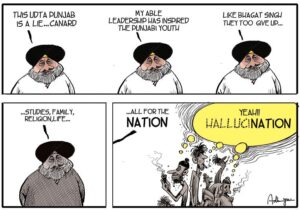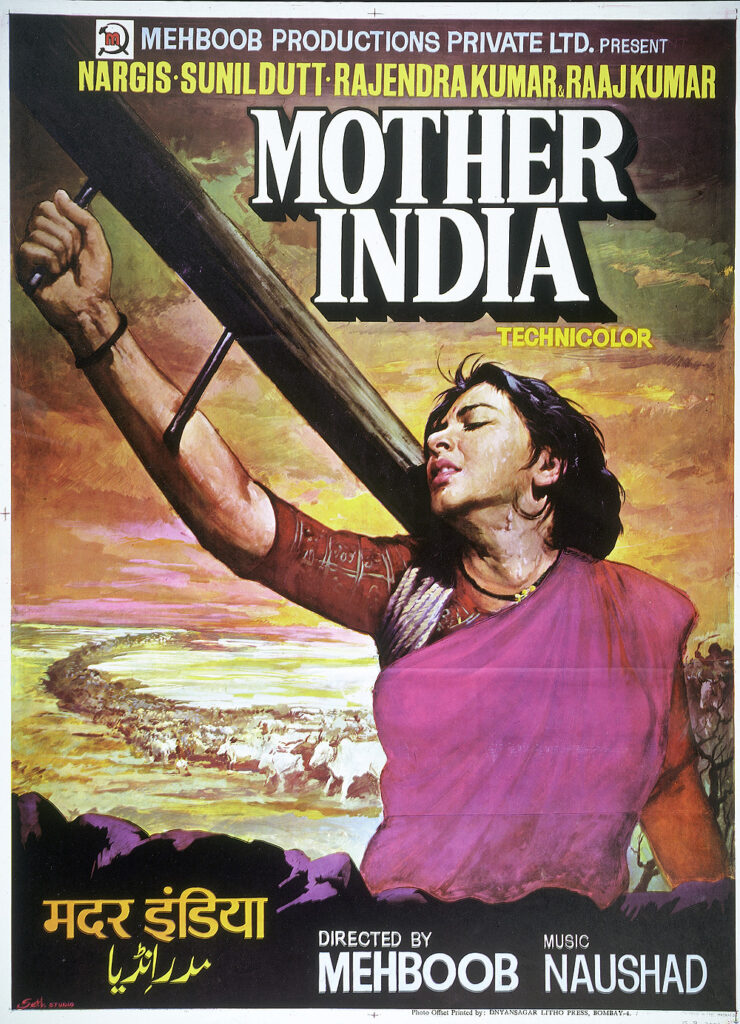Trust the Censor Board (technically the Central Board of Film Certification) to create yet another ridiculous controversy. Months after it tried to create a more sanskari James Bond through silly cuts of kissing scenes in the 007 film Spectre, the Pahlaj Nihalani-led Censor Board is now being absurd in its insistence on asking for the word ‘Punjab’ to be taken out of the Shahid Kapoor-Alia Bhatt starrer ‘Udta Punjab’.
By doing so, it is basically towing the line of Punjab’s ruling Akal-Dal government, which BJP is in alliance with. Akali Dal representatives have made two basic arguments: First, that the film somehow demeans Punjab and second, that Punjab has no major drugs problem to begin with. The censors have obligingly followed suit, demanding 89 cuts in Udta Punjab.
Both arguments are absurd. Firstly, the film is a work of fiction, not a documentary. In no other liberal democracy would this kind of infringement of freedom of expression be considered acceptable. If the censors have their way, then tomorrow if film-makers want to make a film on say Kashmir or Assam, they won’t be allowed to name them.
By this logic, ‘India’ would have to be taken out of ‘Mother India’ too – that 1950s classic film after all showed poverty, patriarchy, and a feudal structure – all of which, it can be argued in this vein, ostensibly showed India in a bad light.
Filmmaker Anurag Kashyap in that sense, is spot-on is right to compare this censorial mindset with North Korea’s.
It's my fight Vs a dictatorial man sitting there operating like an oligarch in his constituency of censor board, that's my North Korea
— Anurag Kashyap (@anuragkashyap72) June 7, 2016
MoS for Information and Broadcasting, Rajyavardhan Singh Rathore dismissed the comparison saying “lets’ take a vote” and that we “are a democracy”. Of course, we are, and the world’s largest at that. But that’s precisely the point. Kashyap is talking about a censoring mindset that is totally at odds with our democratic credentials.
Secondly, if newspapers and TV channels can talk about Punjab’s drug problems and not be hemmed in with censorship, why should films be measured by a different yardstick? Here are the facts.
- Out of Punjab population of 2.77 crore people, 2.3 lakh adults are opioid dependents. Of these, 1.23 lakh are heroine-dependent.
- Opioids worth Rs 7,500 crore are consumed in Punjab every year. Of this, heroin’s share is a massive Rs 6,500 crore.
- Punjab’s opioid dependency is four times the global average and the state’s opioid-dependents spend approximately Rs 20 crore daily on these drugs. These were the finding of an AIIMS study conducted in 2015 and released in January 2016.
- These figures are only for ‘adult’ addicts. The AIIMS survey also estimated that 8.6 lakh or 4.5% of all of Punjab’s adult population had at least ‘used’ drugs.
- The Punjab government itself in 2010-11 acknowledged that “some 73.5% of the state’s youth between 16 and 35 years are confirmed drug addicts”. The state disaster management plan for 2010-11 cites “drug addiction” under the “hazard” category and describes the menace as “grievous”. The plan also quotes Raj Pal Meena, the then head of the state’s Anti-Narcotics Task Force (ANTF) saying, “Punjab is teetering on the edge of an extraordinary human crisis, with an inordinately large number of youngsters hooked on to marijuana, opium and heroin, in addition to imbibing a range of prescriptive tablets.”
Punjab’s drugs problem has been so pervasive that in in November 2015, declaring that drug peddlers and drug dealers deserved no mercy, a bench of then-Chief Justice of India H L Dattu and Justice Amitava Roy said, “These persons have spoiled an entire generation in rural Punjab.”
Even Baba Ramdev, who has many well-wishers within BJP, said on 8 May 2015 that “Eighty per cent youths in Punjab have fallen in the trap of drug menace. Whenever I travel abroad, people keep telling me to do something about this and save Punjab”
Now, Baba Ramdev is no authority on data, of course, but the point is that discussing the drugs problem in Punjab and its implications is hardly a taboo subject in the public domain. If everyone else can talk about it then why not a film?
Overall control of film censorship in India by an opaque government ministry and with political levers of control (though ostensibly the films certification board runs independently) is a relic of British India when films were seen to be too socially volatile to be left outside the purview of government. It is time to scrap the old system and create an independent self-funded body more in tune with the times.
See our full Times of India video discussion on Udta Punjab on




